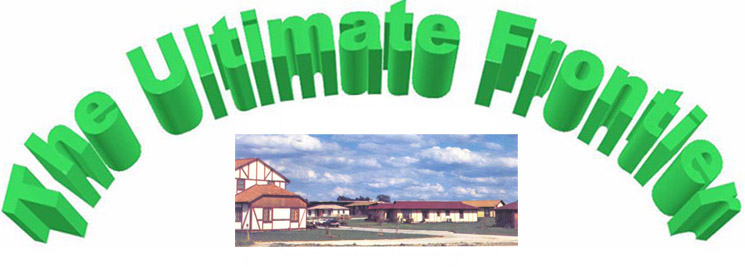|
|
||
|
|
VOTE WITH COURAGE (Editor’s note: The subject of voting,
which is mandatory in The Stelle Group and will be for citizens of Stelle,
was tackled by a special committee recently, and it was recommended the
signed, open ballot presently used be retained.) I agree with the first recommendation of
Stelle’s Voting Procedures Committee for handling balloting at elections:
“That the open signed ballot be continued.” When an Individual votes it should not be
with total regard to himself and family but with the community as a whole. It
is not a private matter. Just as with your family, decisions about the family
are made openly and with trust; so it should be with
your “larger family,” the community. If you do not have a trustful and
integrated community then your vote begins to be useless. The encyclopedia compares the act of
voting to a marriage ceremony: “… The point in time at which ‘I do’ is said is … the point at which an individual preference
becomes a social commitment … More specifically, the vote is a twofold
statement. First, the voter is saying that he is concerned enough to make a
decision, Secondly, he is expressing his decision. Why would a voter want to be secretive
towards a community that would be affected by his
decision? I suppose some people are hung-up with
the term “individual”. They say, “because voting is an ‘individual’ decision made
by the voter, it’s a personal matter and nobody’s business.” The process of
decision-making ought to be based on individual or
personal consciousness but the decision itself should be made openly. Other people would say that, “the
individual vote is secondary to the decision made by the majority. Therefore
it’s really not necessary to write your vote openly.” There is a
psychological answer to that statement: By writing your vote openly, you feel
more personally Involved and, also, your sense of
responsibility about the decision is more acute. This helps to check
alienation and apathy. In the past, and presently, governments
have resorted to secret voting for such reasons as: To withstand social
pressures, to prevent violence at mass elections, and to reduce bribery.
These are symptoms which would have to be remedied
before any kind of voting would be effective. The encyclopedia
states: “… The secret ballot expressed an essential feature of
literate urban society; it introduced an element of anonymity, specificity,
and abstraction in the system of political interchange.” Anonymity, specificity,
and abstraction connote a distrustful relationship in which the individual
members lacked courage. Courage is the virtue to consider when deciding
for or against secret balloting. I think some of Dr. White’s advice to
Richard Kieninger is applicable here: “Be courageous to teach that which must
be taught. To be persecuted for one’s convictions
seems inevitable. Yet, to allow yourself to assume a
persecution complex is self-defeating. Trust others, for it is better to be fooled occasionally than to be suspicious. Weigh your
actions carefully before you act. After you’ve made
a decision, don’t be afraid of failure. Failure is an Imposter; and when,
like Traditionally there has not been, nor is,
much precedence of open voting. But sometimes
tradition has been, and is, wrong. So sign your name to the ballot as boldly
(though I hope not vainly) as John Hancock, the first man to sign our
Declaration of Independence. |
|
|
|
|
|
